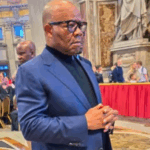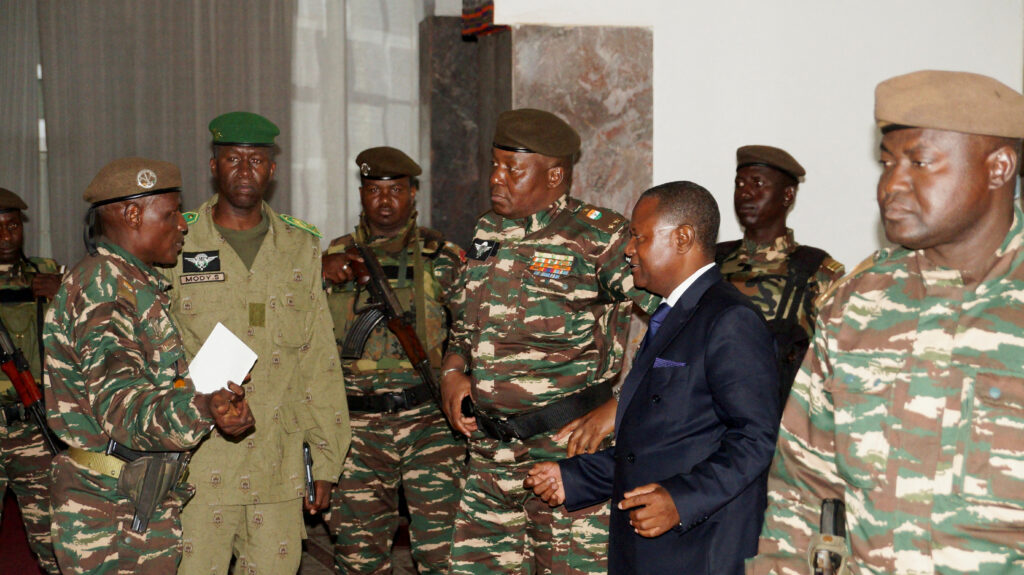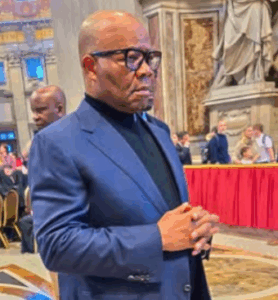Niger ex-rebel leader, Boula, launches resistance against coupists
A former rebel leader and politician in Niger has launched a movement opposing the junta that took power in a July 26 coup.
This is the first sign of internal resistance to army rule in the strategically important Sahel country.
Rhissa Boula said in a statement on Wednesday that his new Council of Resistance for the Republic (CRR) aimed to reinstate ousted President Mohamed Bazoum, who had been in detention at his residence since the takeover.
“Niger is the victim of a tragedy orchestrated by people charged with protecting it,” the statement said.
The launch came as diplomatic efforts to reverse the coup appear to have stalled after the junta rejected the latest diplomatic mission and the army governments of neighbouring Mali and Burkina Faso, which back the armed takeover.
Mali and Burkina Faso also appealed to the United Nations to prevent military attacks.
Niger’s coup leaders denied entry to African and UN envoys on Tuesday, resisting pressure to negotiate ahead of a summit on Thursday.
On Thursday, heads of state from the Economic Community of West African States (ECOWAS) would discuss the possible use of force.
The CRR supports ECOWAS and any other international actors seeking to restore constitutional order in Niger, according to Mr Boula’s statement, which added that it would make itself available to the bloc for any useful purpose.
A CRR member said several Nigerien political figures had joined the group but could not make their allegiance public for safety reasons.
Mr Boula played a leading role in uprisings by Tuaregs, a nomadic ethnic group present in Niger’s desert north, in the 1990s and 2000s.
Like many former rebels, he was integrated into the government under Mr Bazoum and his predecessor, Mahamadou Issoufou.
While the extent of support for the CRR is unclear, Mr Boula’s statement would worry the coup leaders given his influence among Tuaregs, who control commerce and politics in much of the vast north.
Support from Tuaregs would be key to securing the junta’s control beyond Niamey’s city limits.
The UN, Western powers, and democratic ECOWAS member states such as Nigeria want the junta to reinstate a civilian government that had been relatively successful in containing a deadly Islamist insurgency devastating the Sahel region.
Niger is the world’s seventh-largest producer of uranium, the most widely used fuel for nuclear energy, adding to its strategic importance.
(Reuters/NAN)










More Stories
VIDEO: Chinese nationals spotted spraying Naira notes at mining sites, as police officers look away
‘Poverty could be a virtue,’ says Akpabio after attending Pope Francis’ burial
UPDATED: Court sentences gospel singer Osinachi’s husband to death by hanging